I had planned to review David Mitchell and Robert Webb’s new Channel 4 sitcom Back without constantly referring to their last one Peep Show. Not only did it seem too obvious a way to go; it also felt a bit unfair to compare a deservedly revered programme that ran for 12 years with a single episode that went out on Wednesday. But then I saw that single episode.
It’s possible, I suppose, that one day Mitchell and Webb may head in a completely different sitcom direction. Mitchell may not play an uptight, well-meaning loser, or Webb a preening, conscience-free charmer. For now, though, it’s pretty much as you were.
Webb’s character Andrew was first seen airily dispensing romantic advice to a taxi driver, who agreed as a result that he would, indeed, leave his wife for his goddaughter. Meanwhile, Mitchell’s Stephen was walking through a small English town anxiously wondering if he’d bought enough sausage rolls for his father’s funeral and trying hard to avoid being hugged by a sympathetic friend.
Luckily, it didn’t take long to establish that another thing Back has in common with Peep Show is a fantastically sharp script — this time by Simon Blackwell — crammed with lines that manage to be both character-based and worthy candidates for any dictionary of humorous quotations (with the added bonus that, unlike quite a lot of entries in my experience, they’re actually humorous). At one point, Stephen was asked when he’d last told his dad he loved him. ‘I don’t think I ever did,’ he replied. ‘It never came up.’
There is, mind you, one big difference from you-know-what — and that’s a proper plot. The two main characters finally came together at the graveside of Stephen’s father, where Stephen was attempting to mumble a declaration of love and where Andrew introduced himself with the unexpected sentence, ‘I can’t believe dad has gone.’ He then explained that he’d been one of the family’s many foster children for five memorably happy months in the 1980s, blithely declared, ‘Bye, Dad, I’ll love you and miss you for ever’, and went off to charm Stephen’s mum and sister at the funeral party. By the end of the episode, he seemed poised to take over about the only things Stephen has: his family and his plans for running his dad’s pub.
So what’s Andrew up to? Is he just a chancer or is he much worse than that? Waiting to find out adds an intriguing, almost psychological-thriller element to what already looks like being one of the best new shows of the autumn.
As, in fact, does BBC1’s Strike — based on the novels by Robert Galbraith (aka, as you probably know, J.K. Rowling) — which reached the end of its first three-part story on Sunday. Admittedly, originality isn’t high on its list of qualities. The protagonist Cormoran Strike is an impeccably rumpled private eye, who spends far more time with his cigarettes than with his razor, and who lives in the sort of pizza-munching squalor that must have taken the props department days to create. He also has an ex-wife and a striking back story — in his case, more striking than most, what with his long-gone father being a major rock star, his dead mother a model who may or may not have committed suicide, and his left leg lost in Helmand Province.
His sidekick Robin (no, really) doesn’t come as a huge shock either: a feisty young lovely, who started out as his temp, before realising that working with Strike makes her feel alive like never before. As for the more passing clichés, these have so far included a dying woman lapsing into unconsciousness just as she was about to reveal a key name; and, in an Afghanistan flashback, an army colleague of Strike’s signalling his imminent death by producing a photo of his newborn son and uttering the ill-advised words, ‘I can’t wait to get home and hold him for the first time.’
So why is the result so thoroughly enjoyable? Well, one obvious reason is how good Tom Burke and Holliday Grainger are as the two leads, with the inevitable sexual tension bubbling along nicely. (Sadly, Robin has a fiancé but happily, he’s now making the necessary transition from dull to horrible.) Another is the cinematography, with London rarely having looked so ravishing. But the biggest of all, I’d suggest, is the programme’s firm and justified belief that familiar components can still work triumphantly —and even create something that feels fresh — if they’re blended in a slightly different way and presented with total sincerity, as if nobody had ever used them before. Think, for instance, of those songs which somehow remind you of lots of others, without you ever quite being able to identify which ones. Or, for that matter, of the Harry Potter books.
Got something to add? Join the discussion and comment below.
Get 10 issues for just $10
Subscribe to The Spectator Australia today for the next 10 magazine issues, plus full online access, for just $10.
You might disagree with half of it, but you’ll enjoy reading all of it. Try your first month for free, then just $2 a week for the remainder of your first year.

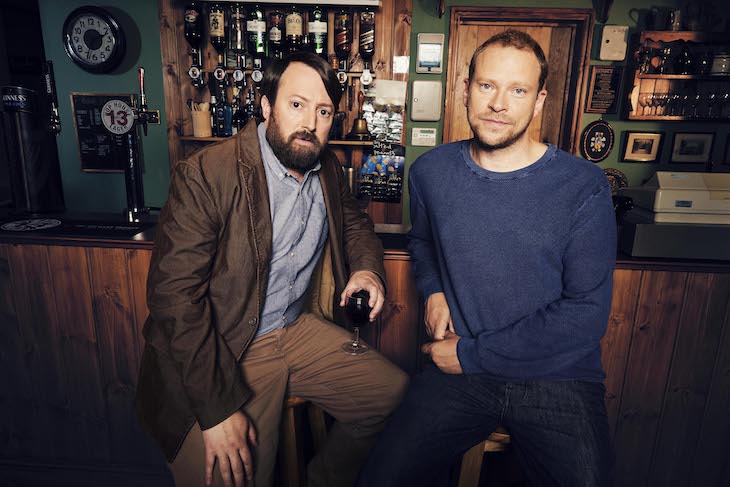
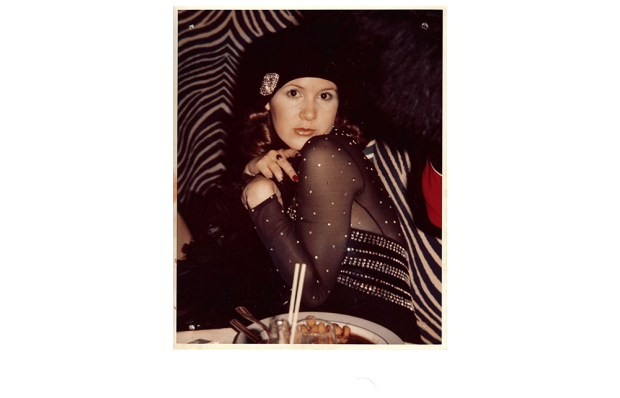

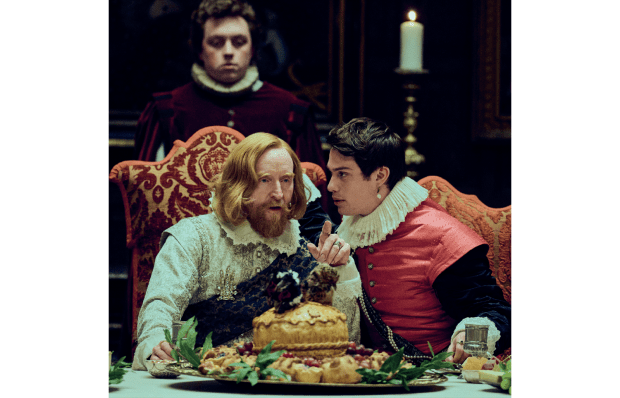
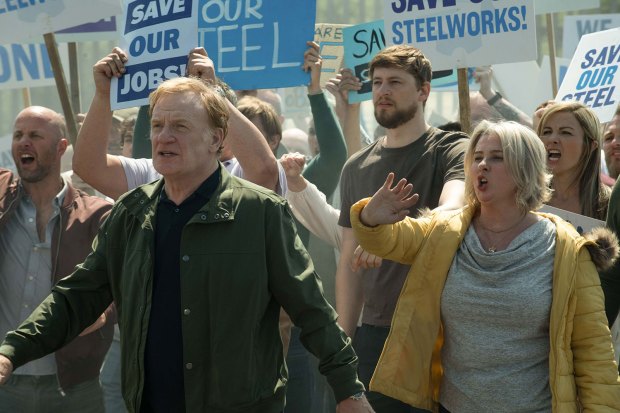

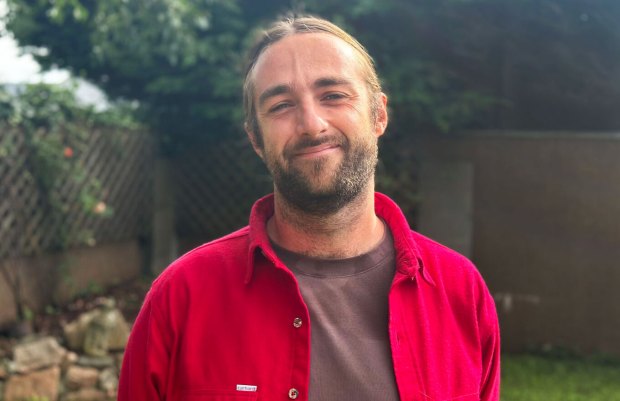






Comments
Don't miss out
Join the conversation with other Spectator Australia readers. Subscribe to leave a comment.
SUBSCRIBEAlready a subscriber? Log in